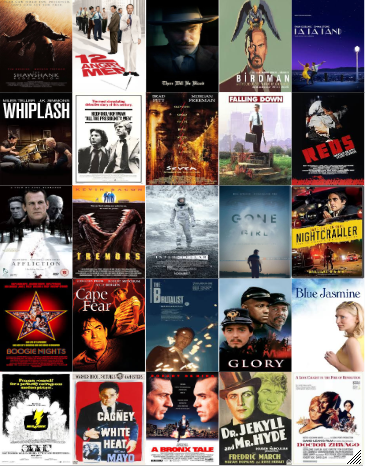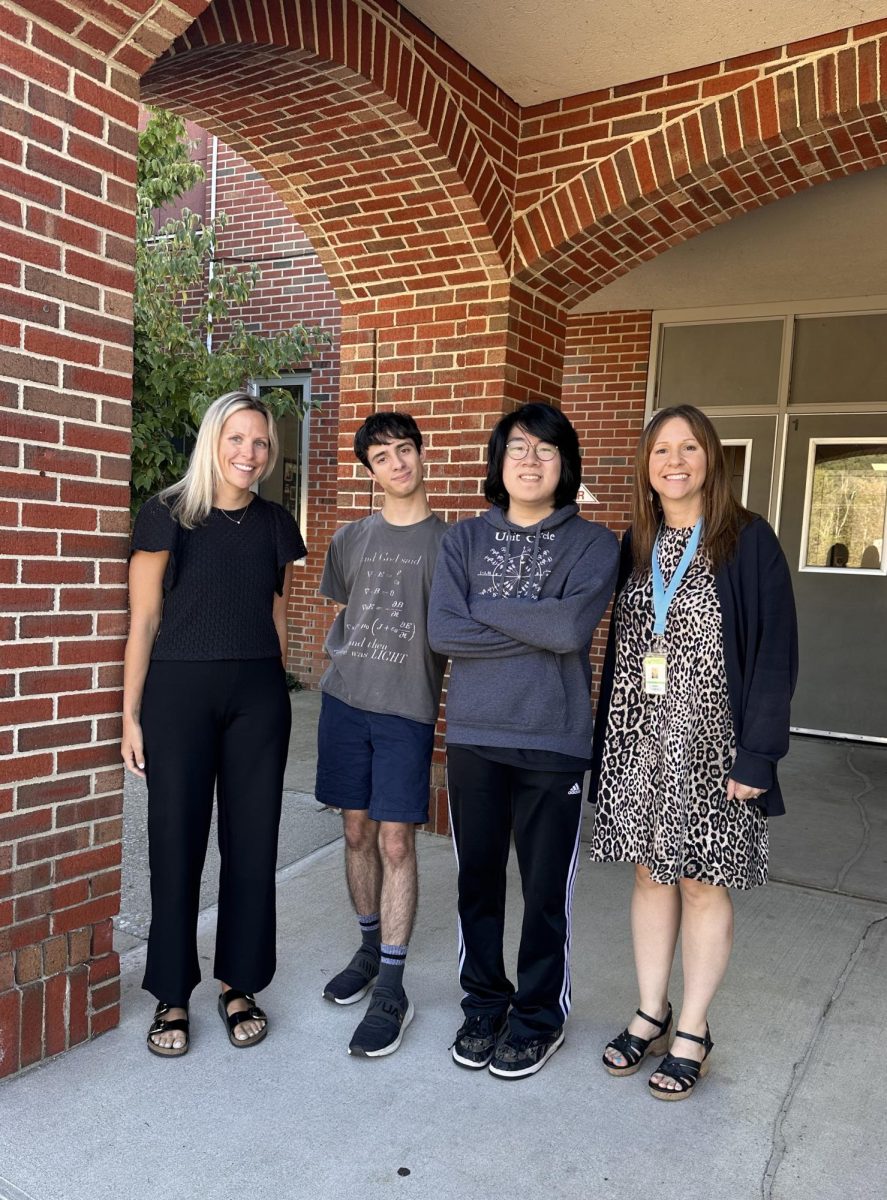There’s no doubt that many of the juniors taking the PSAT this Wednesday only want to get it over with. It’s very reasonable to assume that the PSAT is only a practice test that doesn’t really count for anything. Unbeknownst to many, however, a high score on the PSAT also comes with a lot of opportunities—including the chance to receive a rare National Merit Scholarship from the National Merit Scholarship Corporation, according to the NMSC. The organization states that 1,300,000 million high school students all over the United States are automatically entered into the competition once they take the PSAT, and just over seven and a half thousand will receive a scholarship (either a Merit Scholarship or a “corporate sponsored” scholarship) through this program. This Wednesday, juniors across West Morris will be entered into the competition (willingly or not!) through their partaking in the PSAT.
To some, it seems worthless to prepare for a competition where only 7500 people out of 1.5 million win a scholarship. But just like SAT scores are never a pass-or-fail situation, the PSAT competition isn’t completely win or lose, either. According to the aforementioned website, even those who don’t receive a scholarship can get other benefits. For example, after the initial 1.5 million take the SAT, 50,000 are identified as high scorers. 34,000 out of the 50,000 will receive a letter of commendation which they can show to colleges. They also still have the opportunity for a corporate scholarship. 16,000 out of the 50,000 people become semi-finalists in the competition, and 15,000 out of these become finalists. According to the West Morris Central website, four people in our school were commended in the 2025 competition after taking the PSAT. Two others, Jeffrey Jiang and Damian Gizas, were part of the 16,000 semi-finalists. According to the data provided by the website, Roughly only 1.1% of test takers reach this ranking!
But how can someone do well enough in the competition? And how do these tests work, exactly? And how do you even study for the test?
“From my experience with standardized tests…They feel less like tests of your ability and more like tests of how well you can avoid making silly mistakes. Like, for example, the PSAT; most of it was algebra, geometry, sure, you had to remember the concepts, but once you did, it’s really just up to luck whether or not you can not make any mistakes,” says Damian Gizas, one of the semifinalists. For when you do study the concepts, he says that it’s better to study over the span of a few days rather than all at once. Gizas notes that repeated stimulations are actually better for learning: When your brain is exposed to information in repeated patterns, he says, the information is solidified more so than if you were exposed to the information only one time. “Get your mind to think about things in the empty moments of your life,” he continues. “Let’s say you’re just walking through the hallways in school…If in that moment, you just think of the most recent thing you learned in algebra…then that’s already going to start triggering a new memory…So the best thing you can do is just spread it out over a large time interval and then you need to barely devote any work at all to it. You want to make school easy for yourself, not just doing well, but doing well, and doing well easily.”
Jeffrey Jiang, another semifinalist, agreed with some of the things Gizas said about study methods. “Just devoting time during normal parts of your day to think about that kind of stuff…to apply scientific or mathematical ways of thinking to daily life…it’s like a new lens through which you can perceive the world.” When talking about the Merit Scholarship itself, he admits, “To be honest, I didn’t really know it was a thing until they called me down to the office…it kinda came as a surprise honestly…At the end of the day it’s still just a standardized test score, which, although can be valuable, is definitely not the sum of one’s entire character.”
In total, as Jiang notes, the PSAT is important to a certain extent. It gives you opportunities to advance in your academic career, and it’s helpful for when you need an extra boost for your college applications. Although everyone may hold the opportunities it provides to a different level of importance depending on their experiences, knowing about the competition is certainly useful, and the rankings that Damian Gizas and Jeffrey Jiang have reached are certainly very impressive. They both have a good chance of winning scholarships, and hopefully the results for next year’s competition will see a new wave of West Morris Central high-scorers!





































